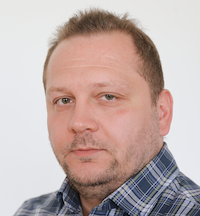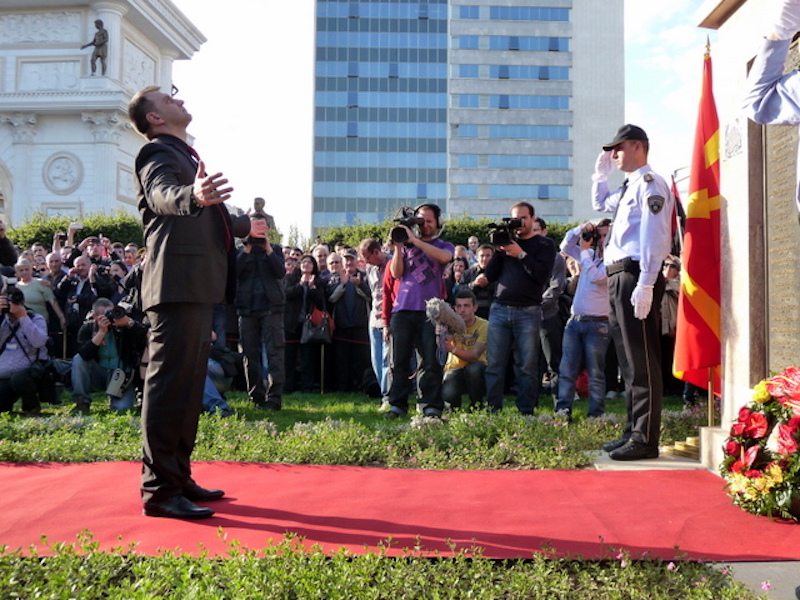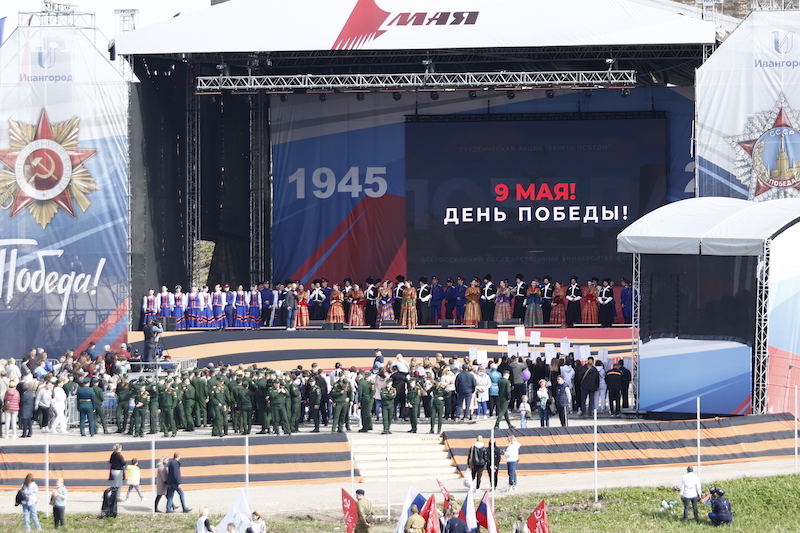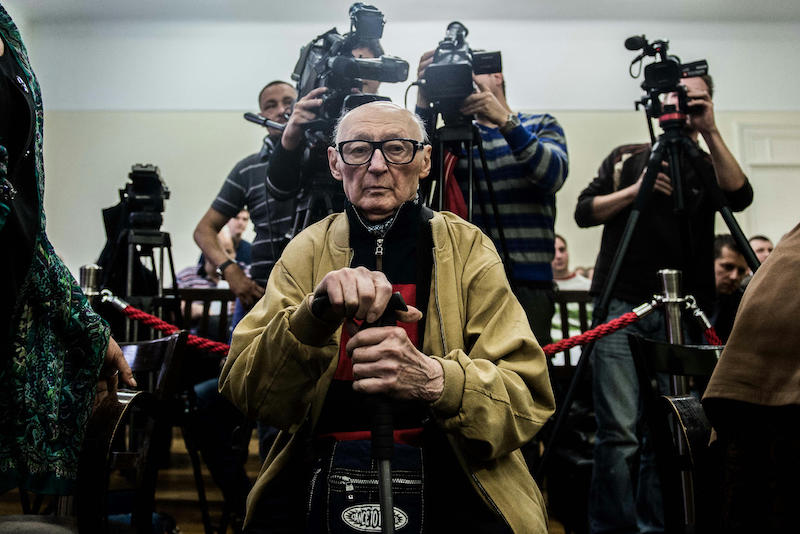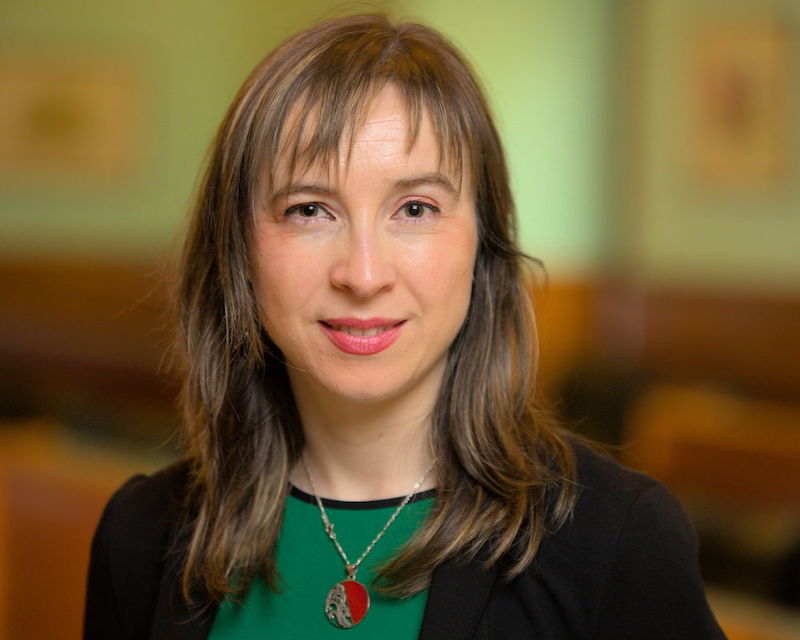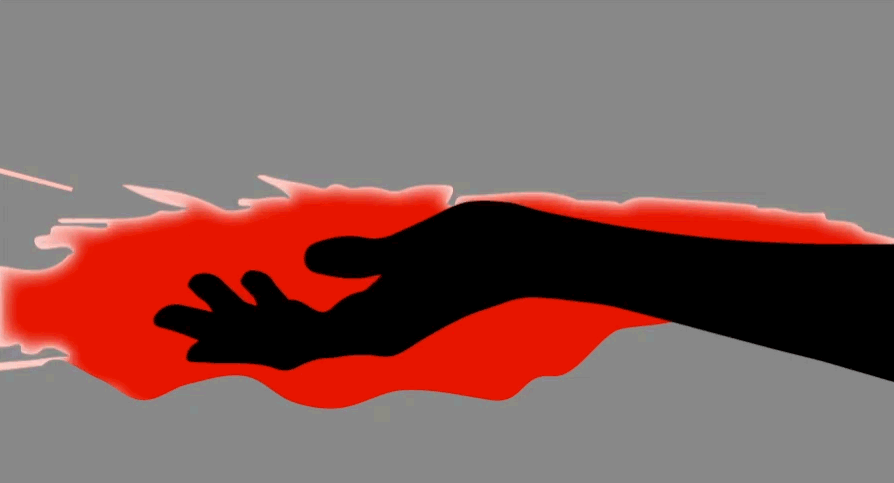Born in the 1980s in the Balkans, all my life has been influenced by the psychosis of war and ethnic conflict and my effort to cope with this situation, persevere and remain a ‘normal’ person who does not hate.
It started when I was roughly ten. I watched the West struggling to prevent bloodshed between small bickering Balkan nations.
First the war in Slovenia, then Croatia and the Bosnian bloodbath. Kosovo’s turn came next, a border away from my own country. Sure enough, war came to Macedonia in 2001.
Massacres, rapes, inhumanity and torture ― too many to remember, too much to handle.
As local leaders signed peace accords, grudgingly shaking hands with enemies as if small children, forced by their parents to make amends, it became clear. This was not the end. Peace didn’t return. It was just an absence of war.
Reconciliation, we were told, was the key.
Bring people together, speak openly about what happened and you will rekindle human empathy. Individualise the guilt and make those who committed crimes pay, and hope will return.
But as countries handed over their own war criminals to the International Criminal Tribunal for the former Yugoslavia (ICTY), the opposite happened. Former warlords became folk heroes. They became “ICTY Celebrities”, viewed as martyrs by the masses.
By then, war had made losers out of us all. Even if our side had won, we lost loved ones, became refugees, were robbed of our future and scarred with fear and distrust.
The ideological successors of those warlords, who became leaders, convinced us that the people were sole victims, and that an indictment against our “beloved protector” or “freedom fighter” was a conspiracy against us all.
No uplifting note at the end. Just this thought.
War as a physical manifestation may only last a few years. But war as a personal or collective psychosis can last for generations. We have locked the hell of war in our heads, and are waiting for round two.

